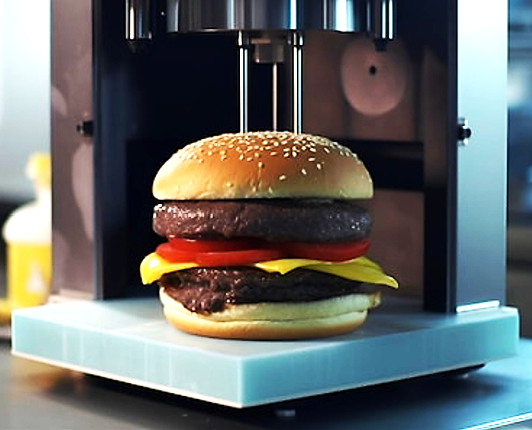オフィスのウェルビーイングの重要性が広く議論されています。オフィスワーカーの生産性に影響を及ぼす要因は多く、その中でも労働空間のウェルビーイングは重要な要素とされています。屋内環境の快適さも、様々な認証システムで評価されており、これらの環境要因は通常、全体の空間で評価されますが、個々の人の位置や意図に応じて評価されることはありません。持続可能なオフィス管理を達成するためには、労働環境とエネルギー効率の両方を考慮することが必要とされました。本研究では、座席ごとの特定のタスクによる新しいオフィスウェルビーイング指数が、労働者の満足度を向上させ、それらの満足度と一緒に考慮することでエネルギー消費の削減も評価できると仮定しました。執務内容は作業内容に基づいて3つの形式に分類されます:F(集中)、N(通常の作業)、R(リラクゼーション)。指数は、予備検討から選ばれた6つのオフィス環境要素(温度、湿度、照明、騒音、設備、プライバシー)に基づいて採点され、ランキングの差の重要性はランキング調査を通じて確認されます。各要素の使用特異的な重み付け係数を決定するために、直接的な評価方法を使用しました。モデルオフィスで調査を行い、使用特異的な重み付け係数に基づいてモデル方程式を定めました。次に、座席/タスク別のウェルビーイング向上の指標に基づき、満足度を維持しながらエネルギー効率を達成することを目指して、モデルオフィスでの現場実験を行いました。照明と温度は特定の度数に設定され、オフィス環境の変化による指数評価結果の顕著な変化と、PAC室内ユニットと照明の消費電力の削減が検証されました。
The importance of the office well-being has been widely discussed. There are many factors that affect the productivity of office workers, and the well-being of their working space is a significant factor. The indoor environmental comfort is also evaluated in several certification systems. On the other hand, these environmental factors are generally evaluated for the entire space and are not evaluated according to the location and intentions of individual person.
To achieve sustainable office management, it was deemed necessary to consider both the working environment and energy efficiency. We assumed that a new office well-being index by seat-specific task would contribute to enhance workers’ satisfaction, and less energy consumption could be evaluated by considering those satisfaction together. Task are classified into three forms based on work content: F (focus), N (normal work), and R (relaxation). The index is scored based on six office environmental elements (temperature, humidity, illumination, noise, equipment, and privacy) selected from preliminary studies, and the significance of the difference in rankings is confirmed through a ranking survey. We used
directly evaluative methods to determine the usage-specific weighting coefficients of each element. From January to August 2022, we conducted surveys in the model office located in Tokyo and determined the model equation based on the usage-specific weighting coefficients. Secondly, based on the indicators for improving well-being by seat/task and with the aim of achieving energy efficiency while maintaining satisfaction, we conducted a field experiment in the model office. Illumination and temperature were set in certain degrees, followed by verifications of a significant change in the index evaluation results due to changes in the office environment, and a reduction in power consumption of PAC indoor units and illumination.
学会名
EcoDesign2023
発表タイトル
Development of office indicators for sustainable andemployee-centric workplace
著者名
Koyo Maekawa, Sayuri Nishikawa, Kozo Takase, Yuna Seo
DOI
EcoDeisgn 2023 E-book accepted
引用
Koyo Maekawa, Sayuri Nishikawa, Kozo Takase, Yuna Seo(2023), Development of office indicators for sustainable andemployee-centric workplace, EcoDesign 2023 E-book, accepted.



